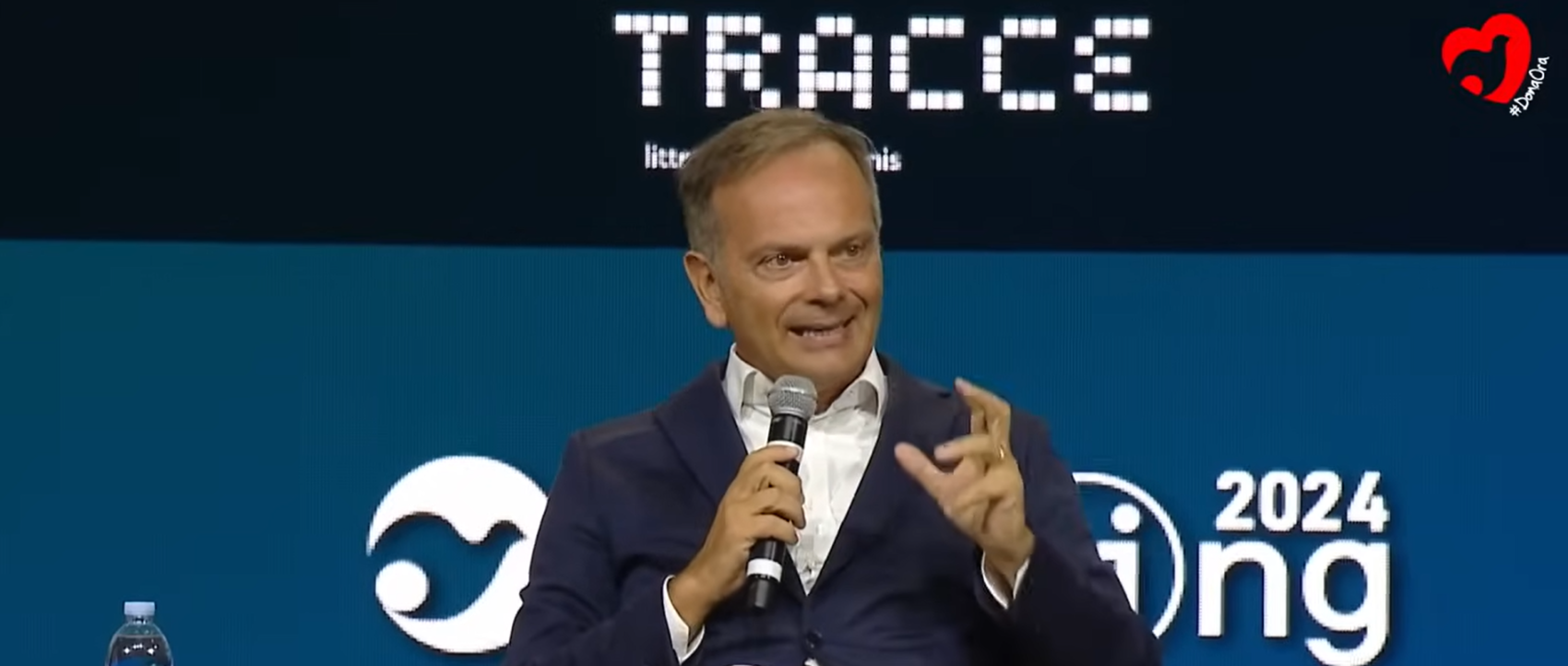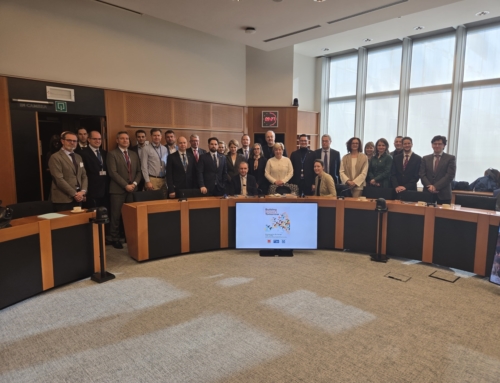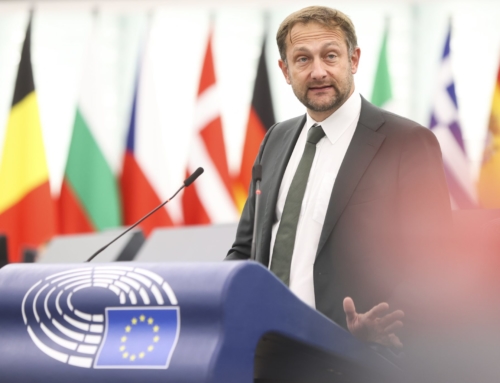Brussels, 27th August 2024
FAFCE President Vincenzo Bassi gave a speech to the Rimini Meeting last Thursday. The popular conference holds great importance in Italian politics.
Entitled Family: A Place of Hope, Bassi participated in the panel that focused on the diplomacy of the family in times of conflict and war. The preamble of the event declared that “given the historical context, it is fundamental to represent the family as the first place for building peace, which stems from living a dimension of acceptance of the diversity of the other, which manifests itself in the experience of forgiveness. This experience lived in the family can have an impact by extending to social and political contexts and thus affect history. The stories of families grafted into networks of solidarity bear witness to this reality.”
The President of FAFCE, Vincenzo Bassi, began his speech by describing the family as a “private experience of common interests”. Continuing, he said “the family is the expression for unity and dialogue. It is possible to have family diplomacy. In any peace treaty there is a focus on reconciliation, often managed by international organisations. Christians can add something to that because beyond reconciliation is forgiveness. Family associations and institutions where families play a central role, although not able to establish a ceasefire, can help prevent wars and reconstruct society after wars, respecting the dignity of others without relinquishing our own identities. Families have to create peace, not merely international treaties.
“The family is a joyful responsibility and I am convinced that, since loneliness is the biggest disease of modern times, it is networks of families that can defeat this disease. Loneliness stems from consumerism and believing we’re self-sufficient. We need to live and communicate within network. In places affected by war, families can be a tool to create and maintain peace and we have seen that consistently in Europe.”
Bassi’s words echo the 2022 FAFCE Board Spring Resolution entitled Families and family associations are builders of peace. The resolution recalled that “the family has always been the place where freedom, democracy and solidarity were preserved in times of war and totalitarianism. Mothers and fathers, beyond their nationalities, do not want war. The family is the school of peace.”
Below are the points of the resolution:
- Together with Pope Francis, FAFCE raises its voice against the “unacceptable armed aggression” ongoing in Ukraine and also against “the barbarism of killing children”, calling for peace “for war-torn Ukraine, so sorely tried by the violence and destruction of the cruel and senseless war into which it was dragged”;
- Underlines the sufferings of many families in the current aggression affecting Ukraine and expresses its deepest solidarity to all families in Ukraine, who are the most affected by this war and by all of its terrible consequences;
- Recalls the role of families as a place where persons learn to live in a community through cooperation, solidarity, forgiveness, intergenerational links, mutual love and respect;
- Stresses that family values, faith and religion must never be used as tools of death and that Christian communities should unite to strongly condemn war and the ongoing armed aggression in Ukraine;
- Reiterates its call to support NGOs and local churches helping families on the ground, including through the FAFCE call for donation that has been dedicated to Ukraine;
- Expresses its concern on the importance of supporting not only women and children fleeing the war, but also those families who stayed in the country, providing them all of the necessary assistance and protection. At the same time, the best conditions for a return, as soon as possible, of those who were forced to leave should be prepared for with hope and courage.
- Recalls the courageous work of FAFCE member organisations and partners, dedicated to support and protect families both staying in Ukraine and fleeing the war in neighbouring countries and beyond;
- Calls on all decision-makers to courageously ensure, by available means, protection for families and a sustainable peace in Ukraine as soon as possible. This is so that parents can uphold their responsibility in raising children in freedom and in hope;
- Encourages decision-makers to utilise and support the fieldwork provided by family associations and families in their everyday contribution to peaceful communities.
FAFCE recalls that to work for the family is to work for peace and reiterates its commitment to be a tool of peace.
Also featured on the panel of the Rimini Meeting were:
Fabiola Bianchi, of the Associazione Comunità Papa Giovanni XXIII
Mariolina Ceriotti Migliarese, child psychotherapist
Matteo Fadda, President of the Associazione Comunità Papa Giovanni XXIII
Jean- Luc Moens, of the Emmanuel Community
The panel was hosted by Luca Sommacal, President of the Associazione Famiglie per l’accoglienza (FAFCE member organisation).
You can watch a recording of the panel session in the original Italian or in languages provided by interpreters.







